The Organization for Economic Cooperation and Development (OECD) was founded in 1961, headquartered in Paris (France), with the main mission of bringing together countries with a strong commitment to democracy and market economy.
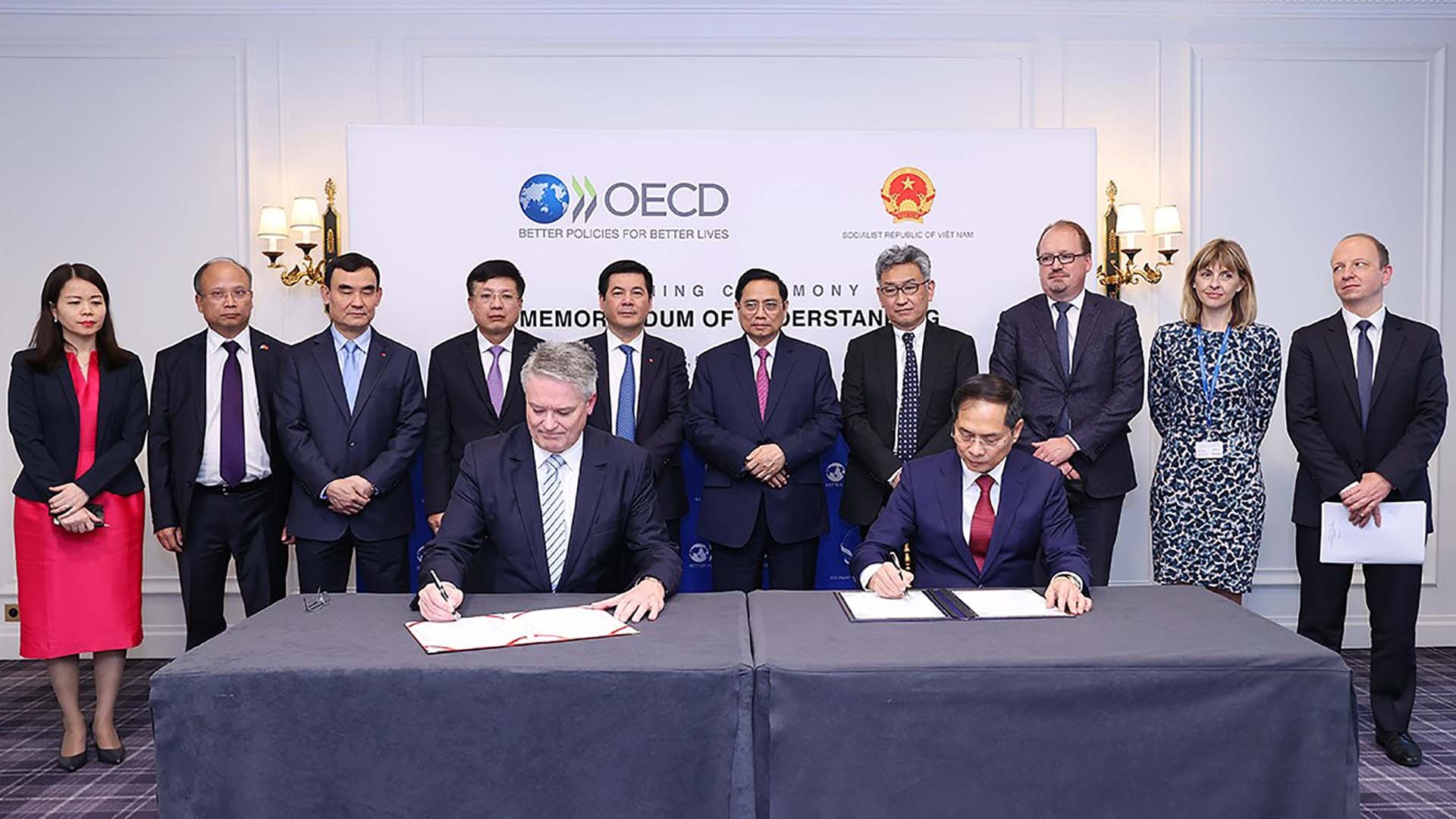 |
| On November 5, 2021, Prime Minister Pham Minh Chinh and Mr. Mathias Cormann, Secretary General of the Organization for Economic Cooperation and Development (OECD) witnessed the signing ceremony of the Memorandum of Understanding (MOU) between Vietnam and OECD for the period 2022-2026. (Source: VNA) |
The predecessor of the OECD was the Organization for European Economic Cooperation (OEEC), which was established in 1948 to restore the European economy and oversee the allocation of US aid to Europe after World War II through the Marshall Plan.
Reputation in development
The OECD has now grown into a prestigious international forum with 38 member countries. For over 60 years, the OECD has played a key role in promoting economic progress, social welfare and international cooperation, providing a forum for governments to promote cooperation on economic and social policy issues.
The OECD's purpose is to enhance economic cooperation and policy coordination among member countries on economic and development issues at the global level. In addition to programs with member countries, the OECD has a number of specific operating mechanisms with the participation of non-member countries such as the Southeast Asia Program (SEARP) and the OECD Development Center. The OECD Ministerial Council Meeting (MCM) is the most important annual activity of the OECD to discuss strategic political, economic and social issues, cooperation orientations within the OECD as well as exchange on the development of regulations and standards for global economic governance.
Through research, analysis and policy recommendations, the organization contributes to policy recommendations and reforms on economics and development around the world. OECD's key research areas include economic policy, education, environment, digitalization, health care, trade and investment, etc., and the corresponding policy recommendations have become the standard for governments and international organizations. OECD reports on economic indicators such as GDP growth, inflation and unemployment, etc. are widely used by policymakers, economists and financial professionals around the world. Furthermore, OECD's peer review mechanism encourages member countries to make policy adjustments and administrative reforms, enhancing transparency and accountability. Non-member countries also benefit from OECD's expertise through sharing cooperation initiatives and capacity building.
OECD and Vietnam
As a non-full member country, over the years, Vietnam has actively participated in cooperation with OECD in many different areas such as policy reform, investment promotion, and public administration to promote socio-economic goals.
In March 2008, Vietnam officially became a member of the OECD Development Centre, a platform for knowledge sharing and policy dialogue between OECD member countries and developing countries that are not yet members of the forum. This was also the first time Vietnam became a member of one of the OECD's affiliated mechanisms.
Vietnam's participation in the OECD Development Center brings many practical benefits in gaining advice and policy support based on the socio-economic development practices of OECD member and non-member countries through many forums, dialogues and taking advantage of the large network of multinational corporations and development investment funds worldwide. In particular, through the OECD Development Center, Vietnam successfully developed the Multidimensional Assessment Report (MDR) in 2020. This report plays an important and useful role in building the 10-year Socio-Economic Development Strategy for the period 2021-2030 and the main directions and tasks for the five-year Socio-Economic Development for the period 2021-2025 of Vietnam.
Vietnam - OECD bilateral cooperation is mainly through specific national projects and the Southeast Asia Program (SEARP), in many forms, including participation in OECD agencies, national policy review reports, data contribution to the OECD data system, measurement/evaluation activities and compliance with OECD standards. Since 2012, Vietnam has always built a bilateral cooperation plan with the OECD for the periods 2012-2015, 2016-2020, 2021-2025. On the basis of closely following the direction and framework of specific cooperation programs with each ministry and sector, Vietnam - OECD cooperation has increasingly developed substantially and effectively.
In parallel, Vietnam and OECD have jointly researched and developed 10 reports in different fields and levels, such as the OECD's Southeast Asia Economic Outlook Report (with Switzerland) for the 2018-2021 term; the "Multidimensional Review of Vietnam" (MDR) Report. Vietnam's MDR Report is considered a thorough document with reference value and a useful input study for the process of drafting the 10-year Socio-Economic Development Strategy (2021-2030) and the Five-Year Socio-Economic Development Plan (2021-2025).
In addition, since January 2019, at the proposal of the OECD, Vietnam and this organization have negotiated to develop a National Program, including 8-10 specific cooperation projects to be implemented in three years from 2020-2023. The National Program is a higher level of OECD cooperation with a non-member country. The cooperation projects not only include policy recommendations and advice but also support the policy implementation process.
In 2021, Vietnam and Australia were elected as co-chairs of the SEARP Program for the 2022-2025 period. At the SEARP Ministerial Conference (February 9-10, 2022, Seoul, Korea), Vietnam and Australia officially took over the role of co-chairs from Korea and Thailand. The fact that Vietnam was elected to co-chair the Program for the 2022-2025 term with Australia for the first time is significant. This is the first time Vietnam has assumed the chairing position of a high-standard mechanism of an organization of which Vietnam is not a member, affirming the recognition of Vietnam's international role and position, as well as the trust of OECD and regional countries in Vietnam's capacity to effectively engage the OECD and the region.
During its term as Co-Chair, in 2022, Vietnam hosted the OECD-Southeast Asia Ministerial Forum and the OECD-Southeast Asia High-level Forum. At the OECD-Southeast Asia Ministerial Forum in 2023 and the Vietnam-OECD Investment Forum on "Promoting high-quality investment attraction for green, smart and sustainable growth", with practical topics closely linked to the needs of countries in the region and in line with the priorities and strengths of OECD countries, the forums organized by Vietnam received strong support from OECD and ASEAN member countries. In 2023, at the invitation of the OECD Secretary General, the UK Foreign Secretary (OECD Chair in 2023), Foreign Minister Bui Thanh Son led the Vietnamese delegation to attend the OECD Council of Ministers Meeting (June 7-8, in Paris). This is the first time the OECD has invited Vietnam and a number of guests to attend all sessions of the OECD Council of Ministers Meeting.
Despite its achievements, the OECD still faces a number of challenges, with some arguing that its approaches and policies reflect the interests of its wealthiest member countries, leading to a lack of comprehensiveness and representation for developing countries. In addition, OECD recommendations are sometimes criticised for being overly prescriptive and one-size-fits-all, ignoring the diverse needs and contexts of individual countries. However, despite the challenges of ensuring comprehensiveness and addressing criticisms of its approach, the OECD remains an important forum for governments to work together and address common challenges in an increasingly interconnected world.
As Chair of the OECD Council of Ministers Meeting (MCM 2024), Japan invited Foreign Minister Bui Thanh Son to attend the MCM 2024 from May 2-3 in Paris to celebrate the 10th anniversary of the SEARP Program. MCM 2024 focuses on discussing issues such as climate change, digital revolution, promoting multilateralism and common values, finding solutions to maintain the international order based on law and sustainable and inclusive economic development. The MCM 2024 Conference takes place in the context of Vietnam - OECD cooperation developing increasingly positively, substantially and in-depth. Vietnam and OECD have signed the Vietnam - OECD Memorandum of Understanding on cooperation for the period 2022-2026 with many specific and practical contents, serving the process of transforming the growth model and realizing the country's socio-economic development goals. |
Source





![[Photo] Visiting Cu Chi Tunnels - a heroic underground feat](https://vstatic.vietnam.vn/vietnam/resource/IMAGE/2025/4/8/06cb489403514b878768dd7262daba0b)


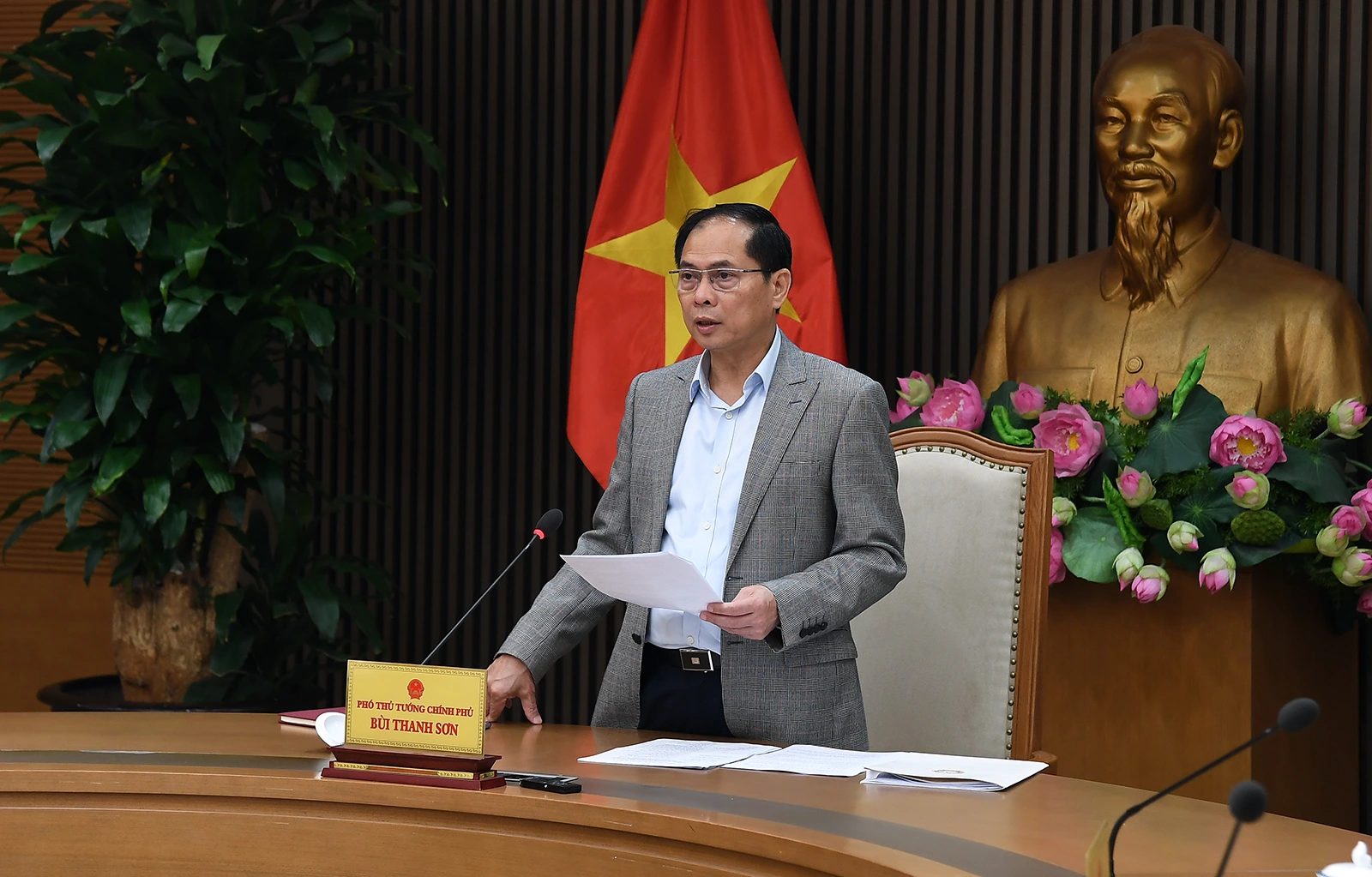

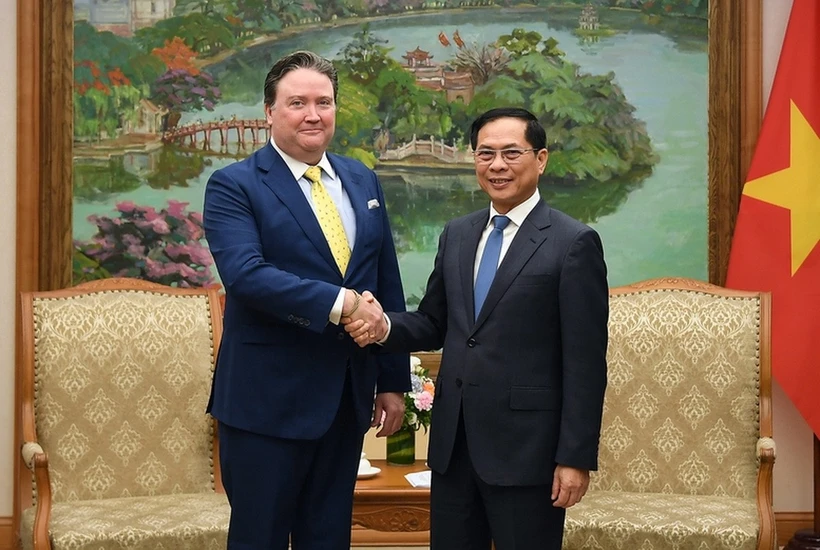

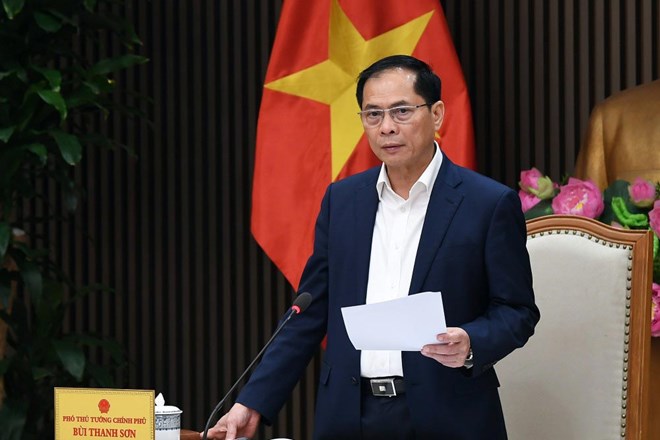

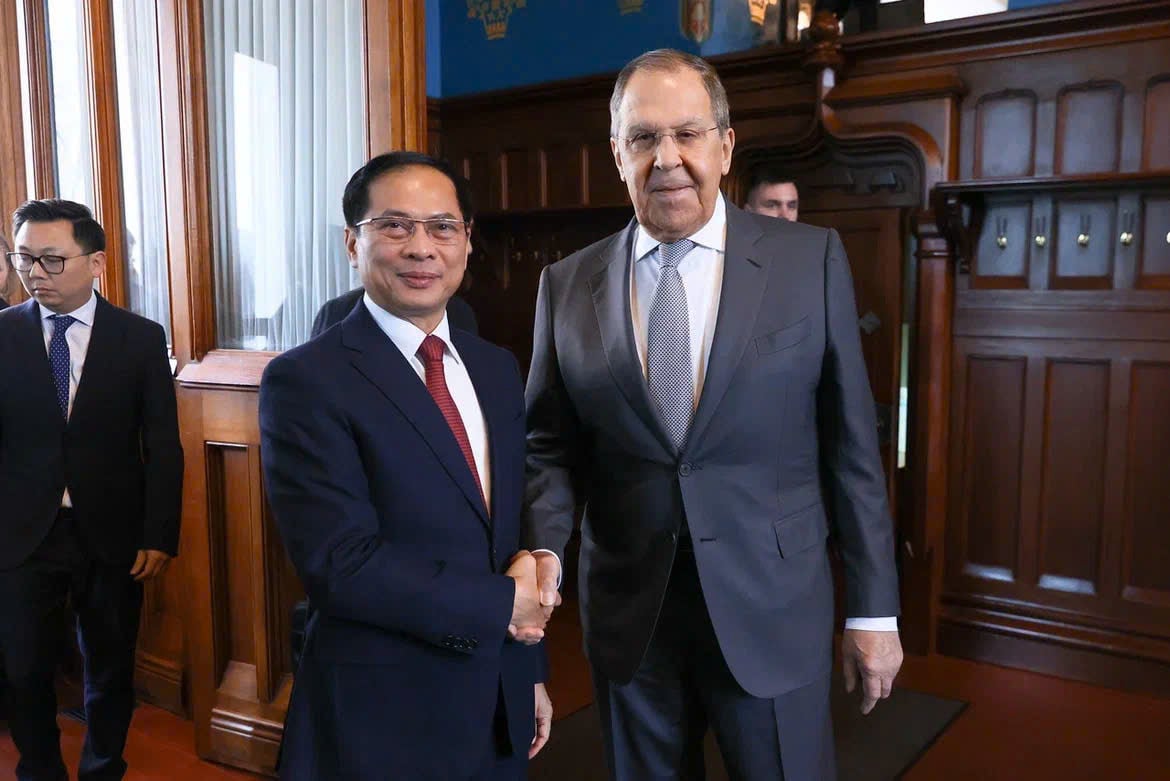

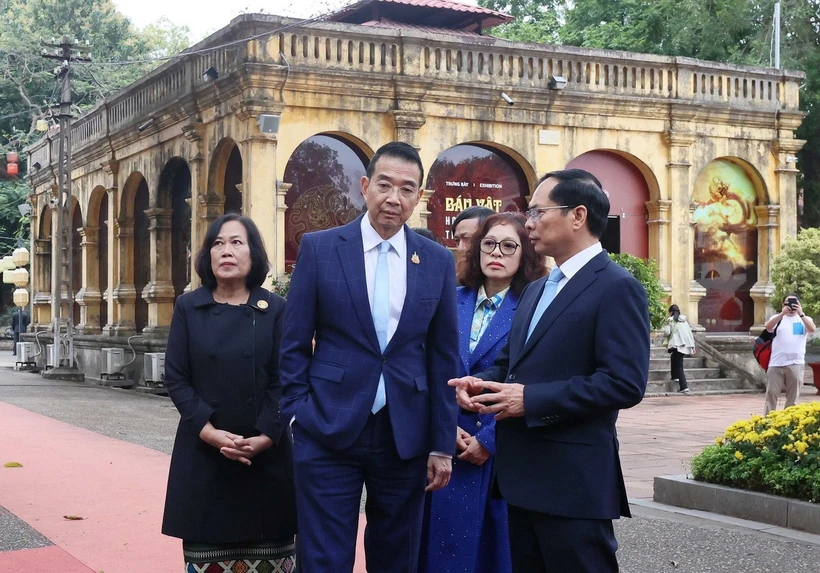
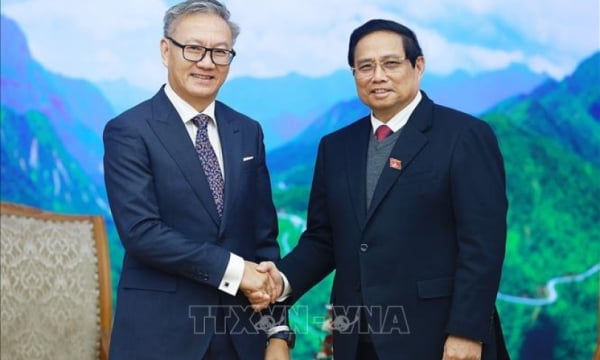


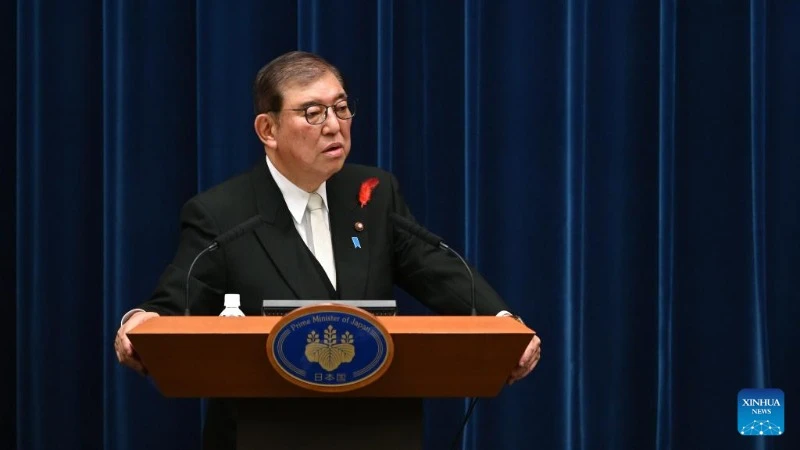

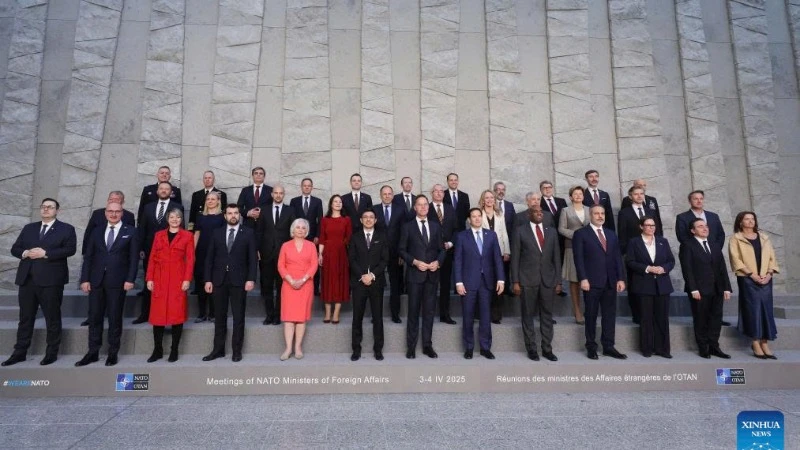

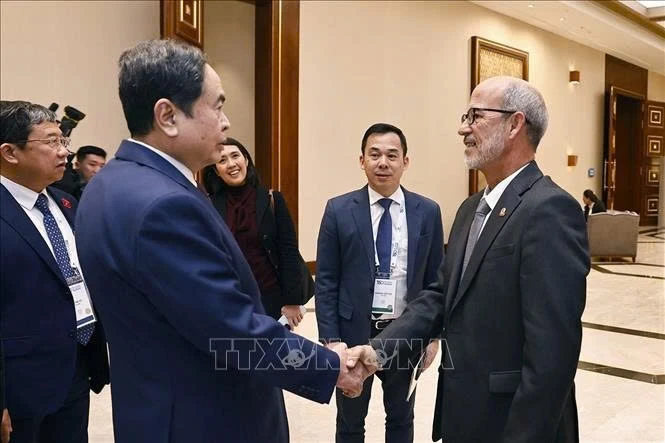


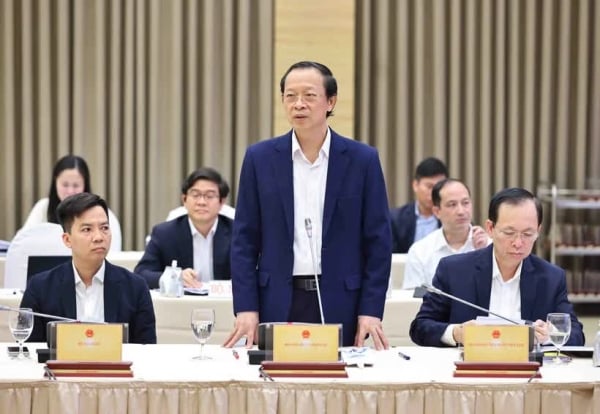















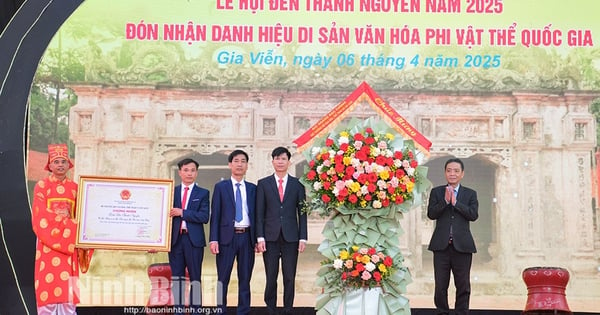




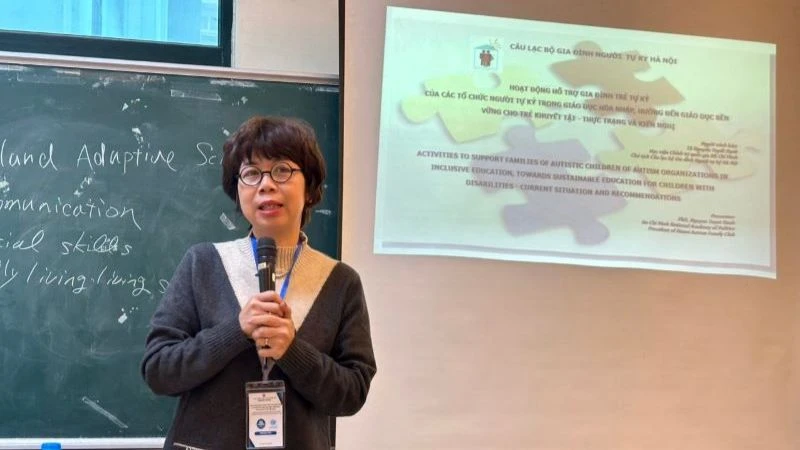



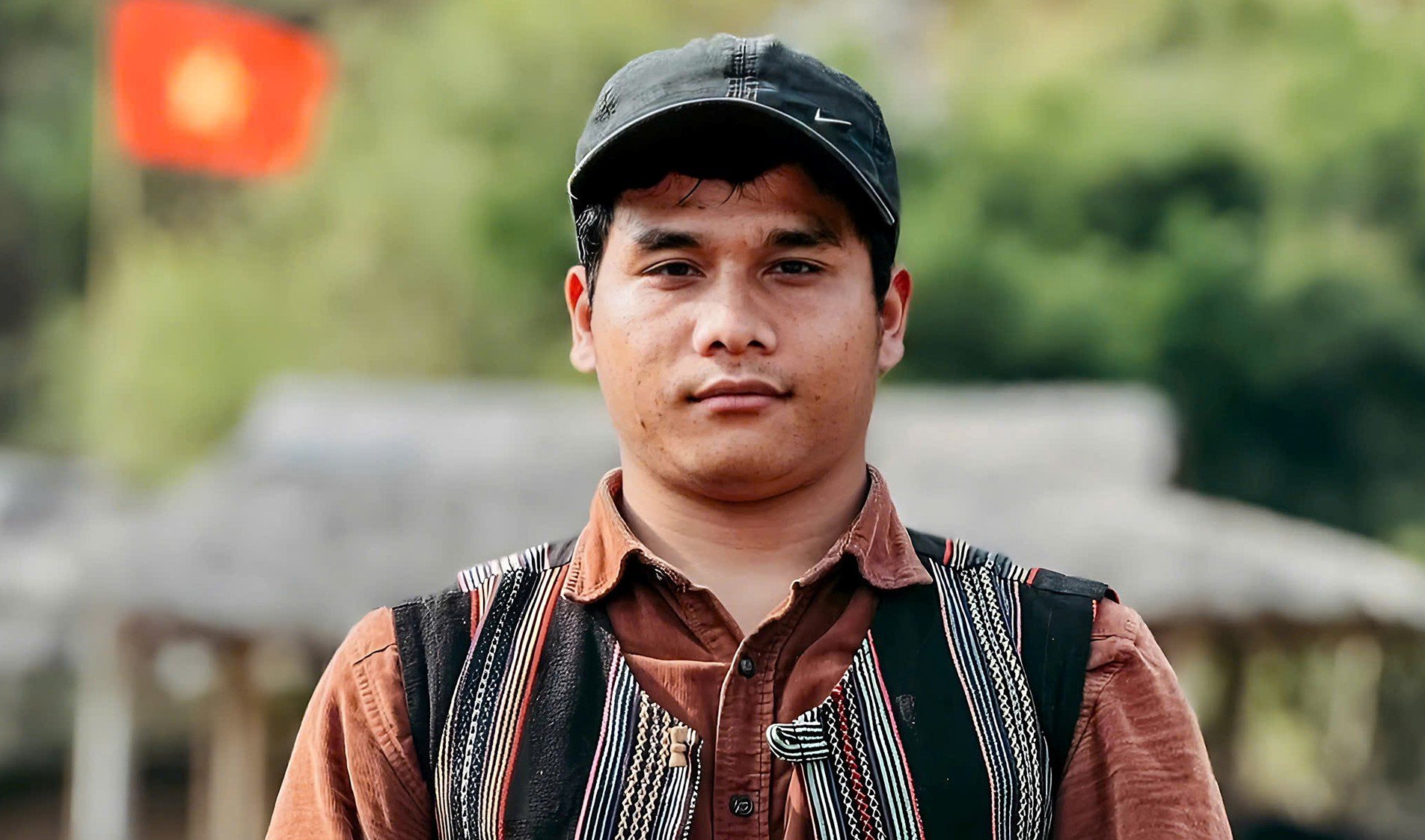






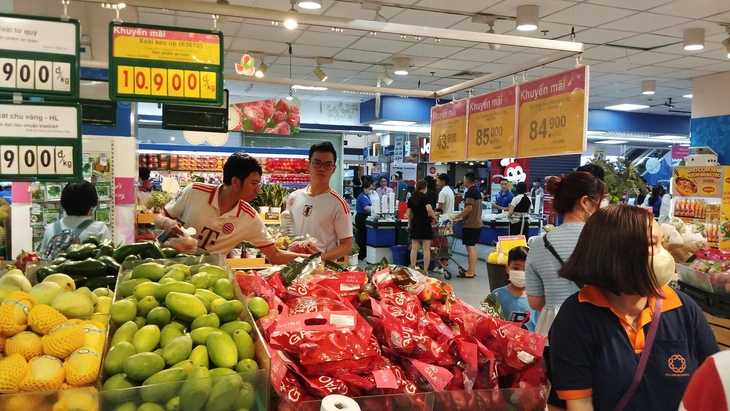



![[Photo] National Assembly Chairman successfully concludes official visit to Uzbekistan](https://vstatic.vietnam.vn/vietnam/resource/IMAGE/2025/4/9/8a520935176a424b87ce28aedcab6ee9)
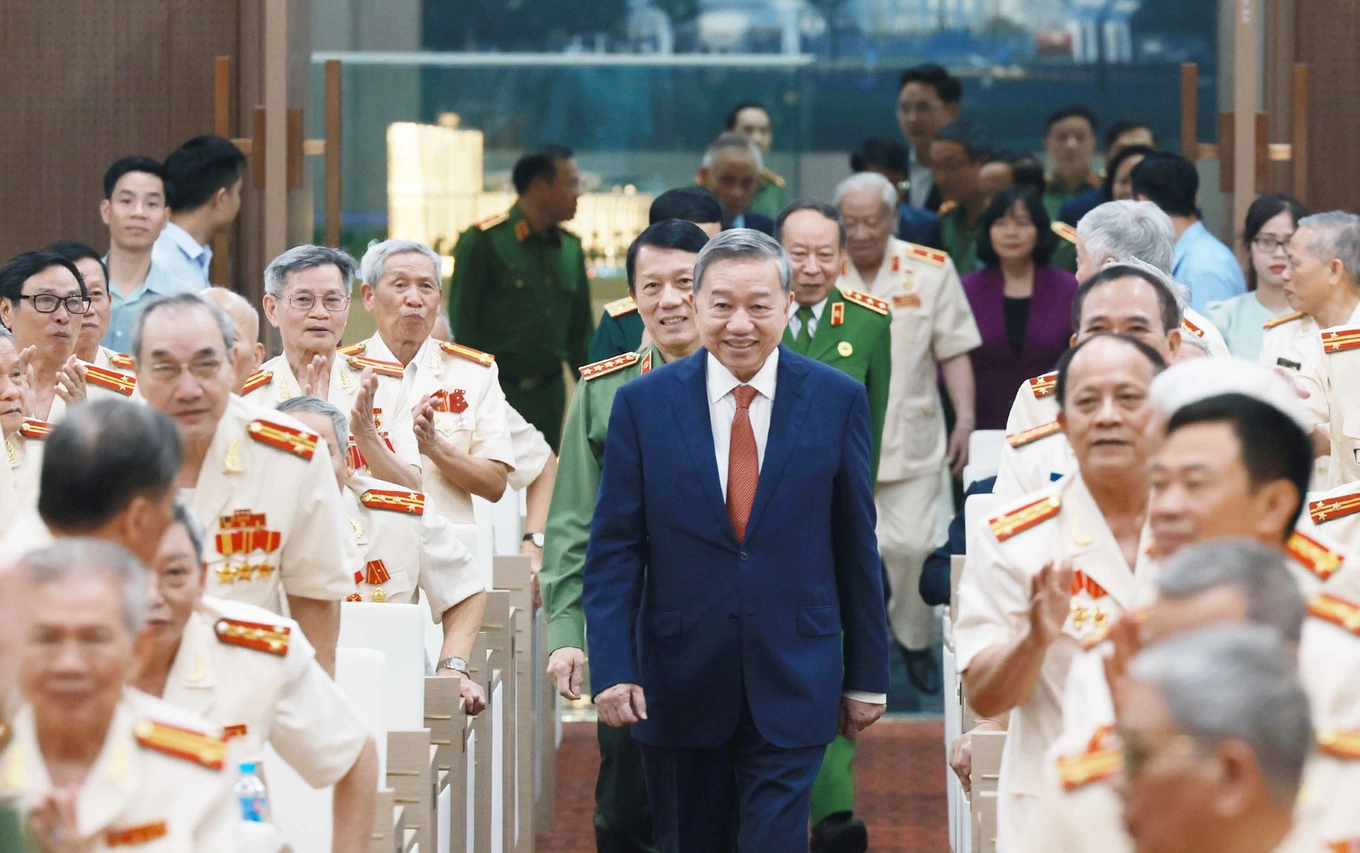
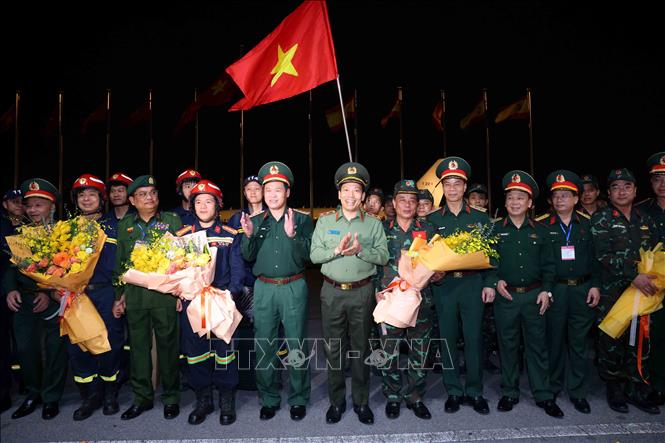
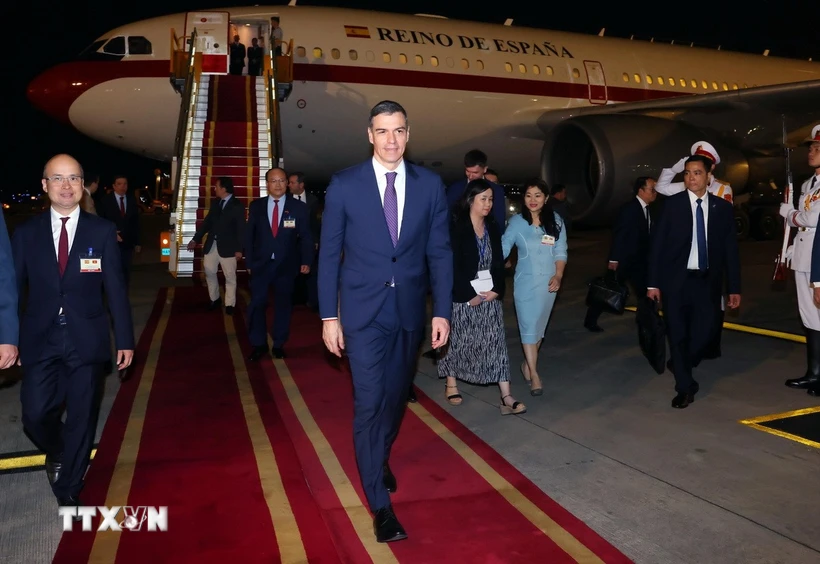
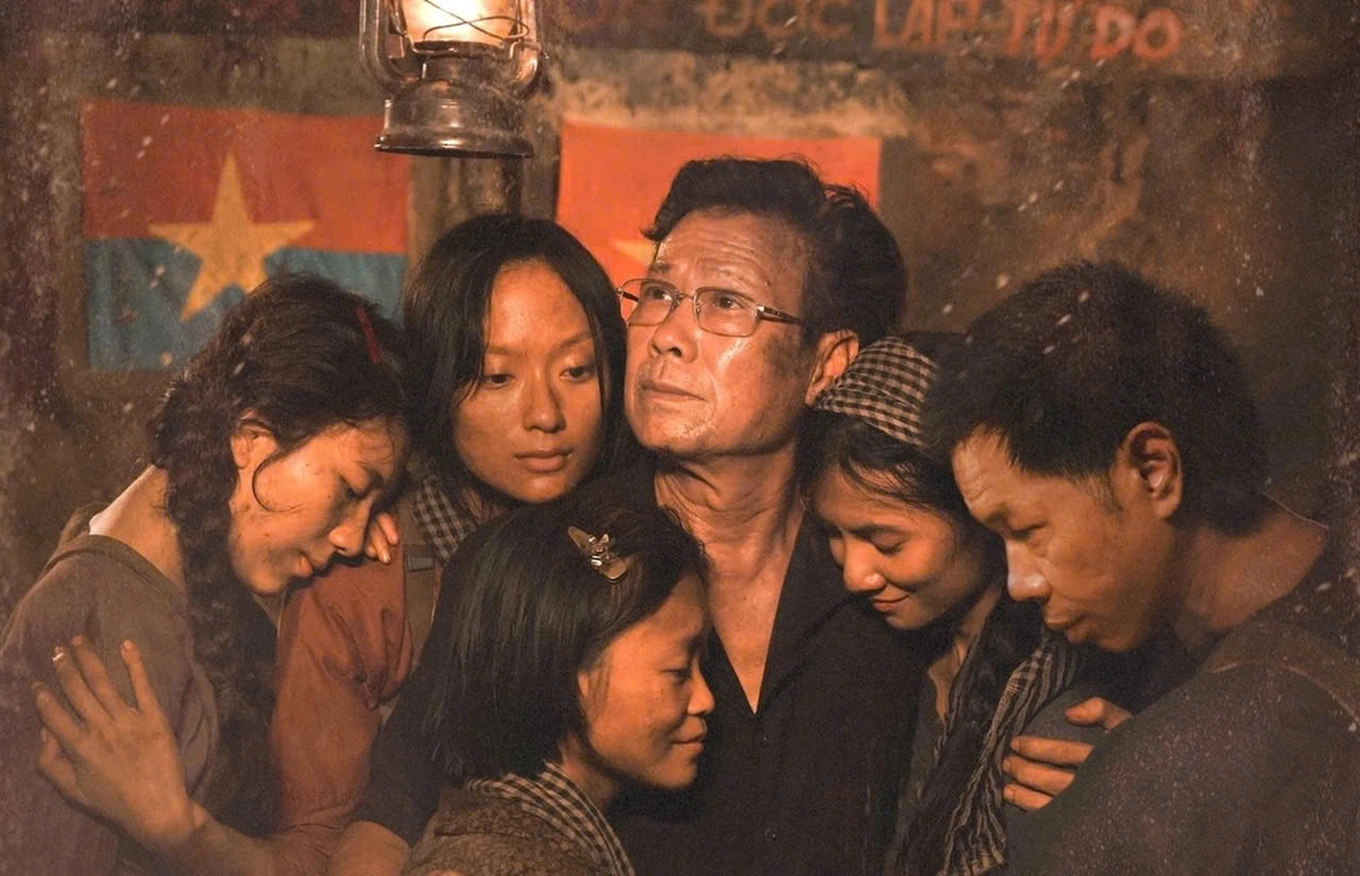








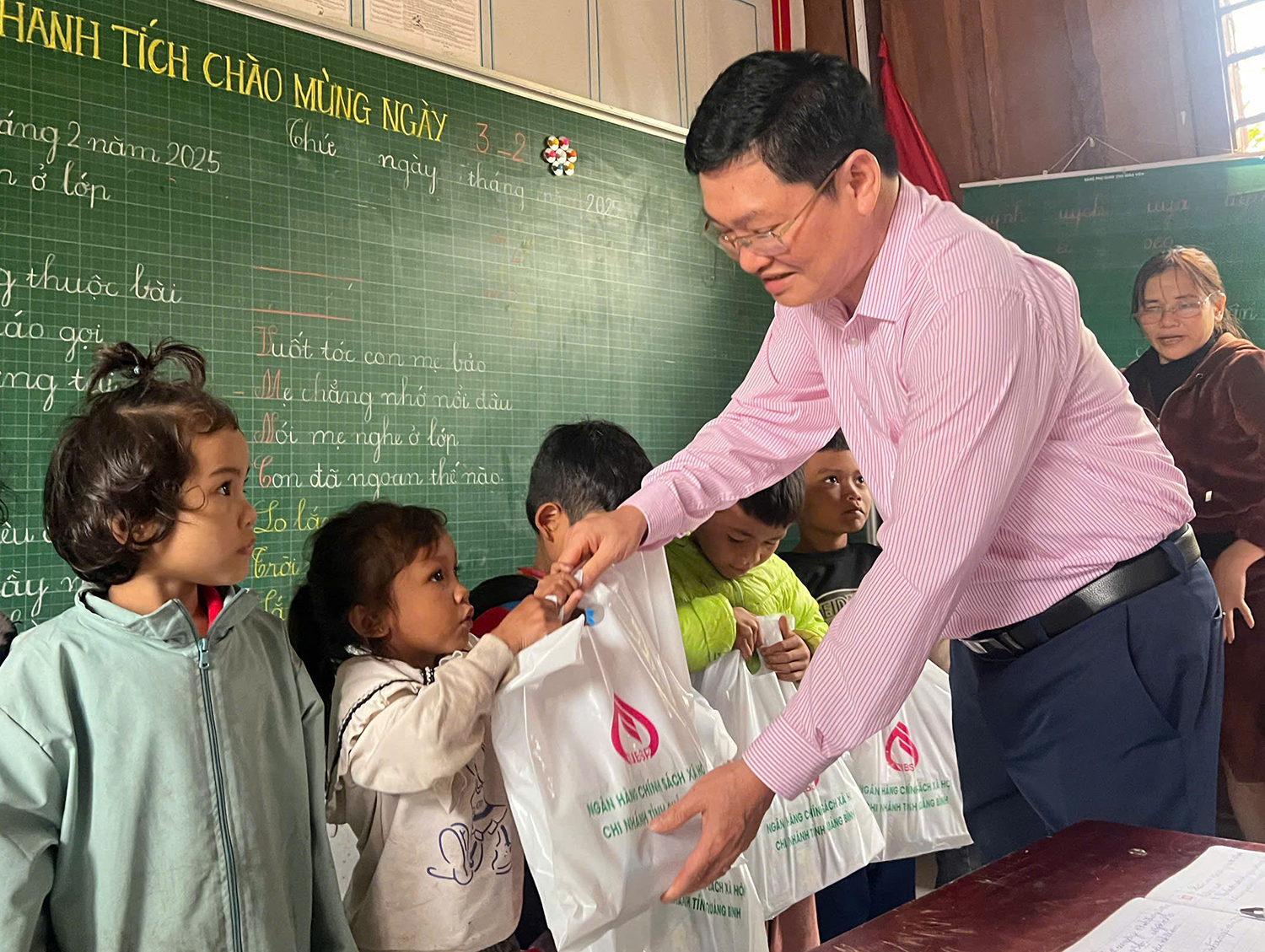


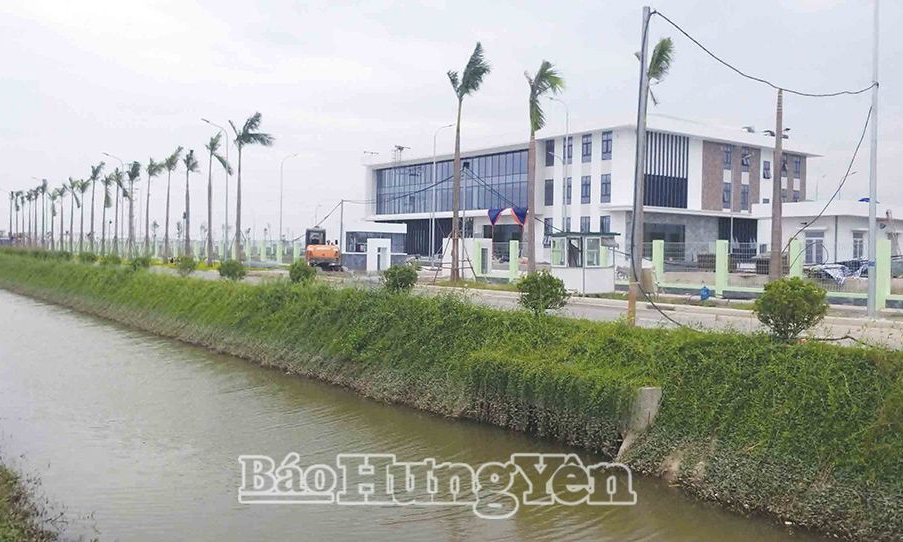
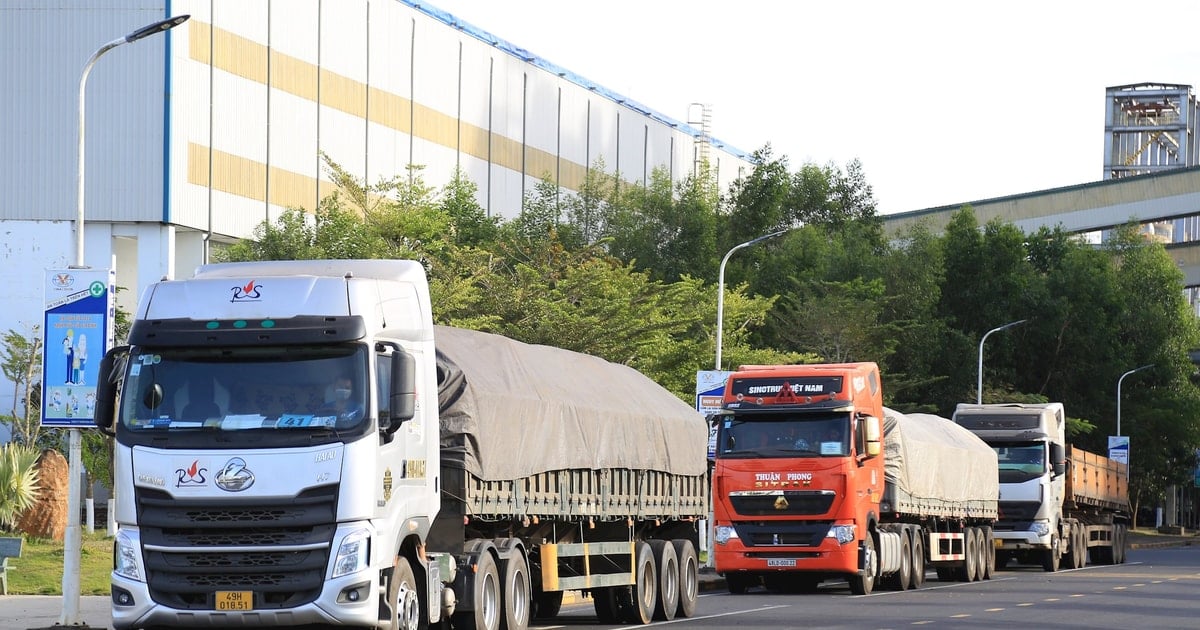
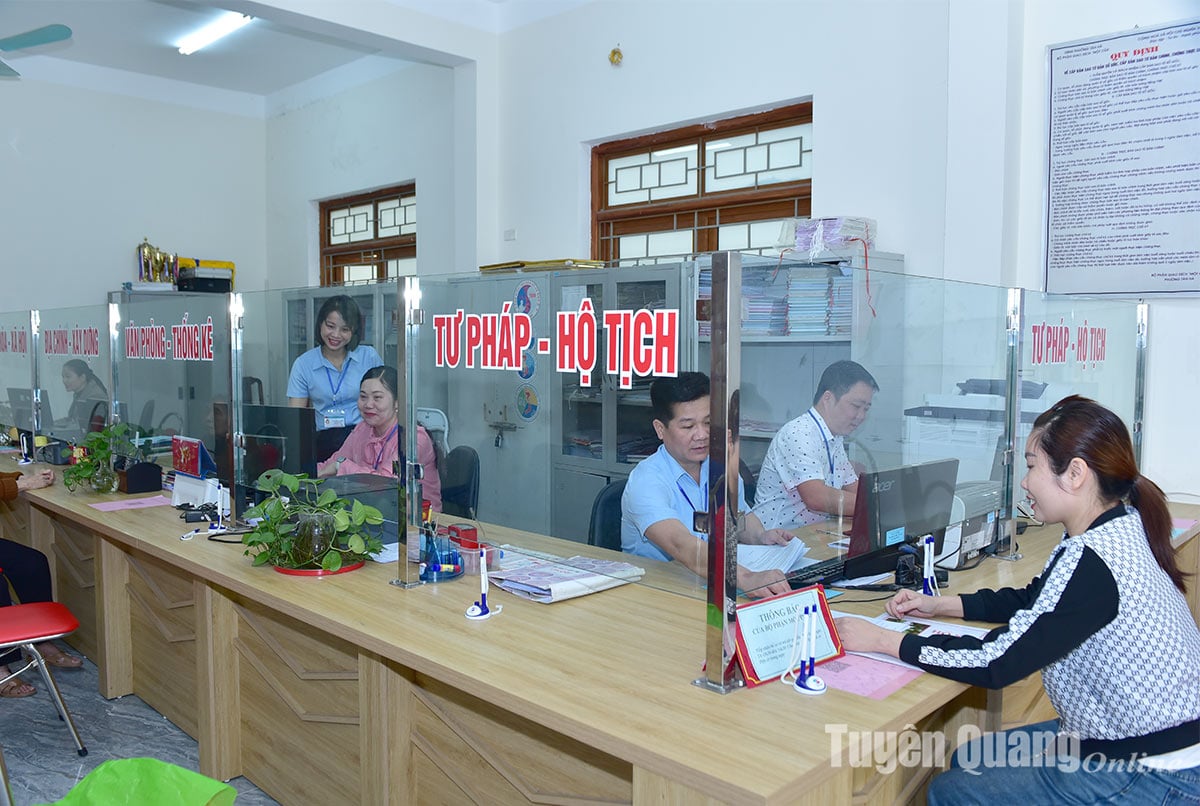




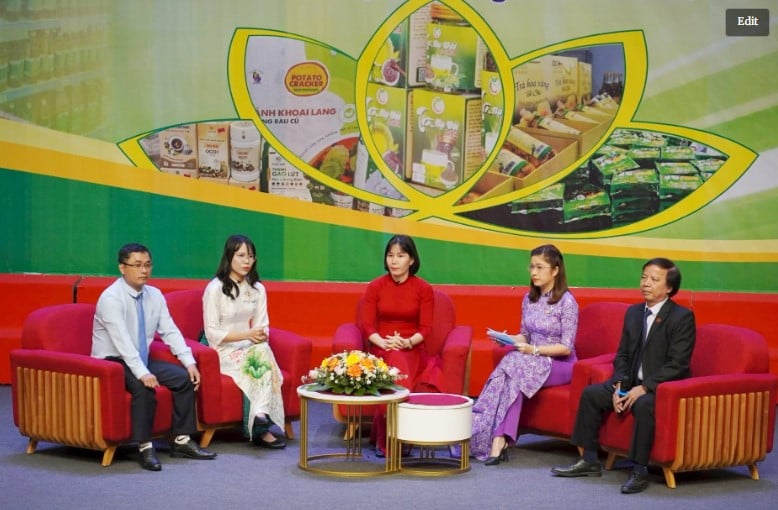

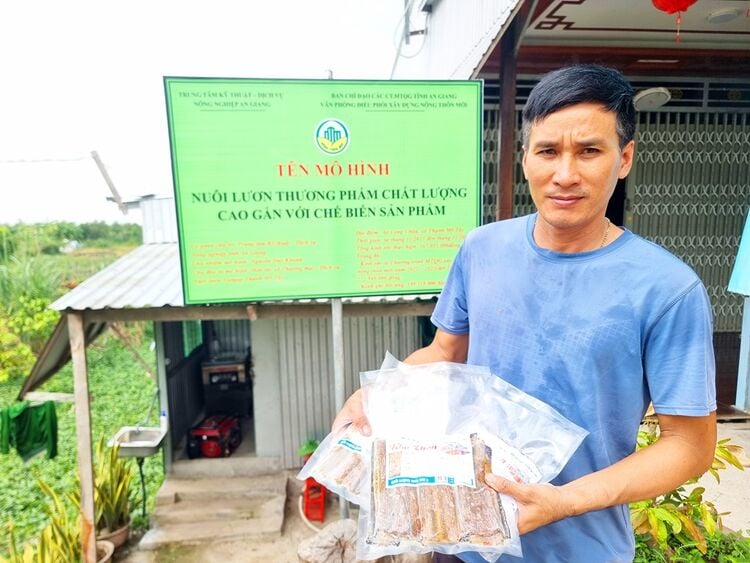



Comment (0)